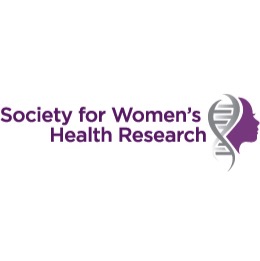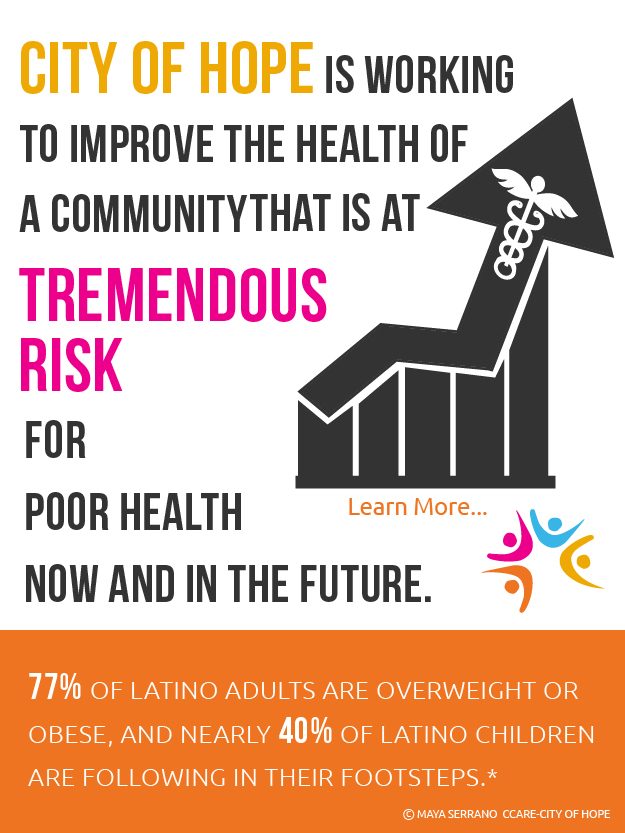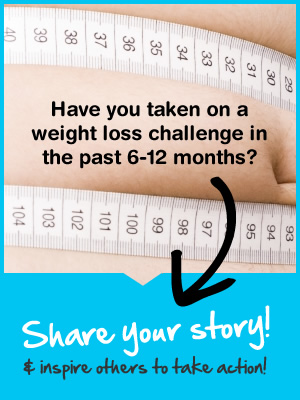
The Contents on Your Dinner Plate Matter More Than the Number on Your Bathroom Scale
10/01/2015 10:00AM | 7649 viewsFor many women, the word “nutrition” is synonymous with “diet” (as in, going on one before swimsuit season). But that’s simply not the case. What we choose to eat and put in our bodies affects so much more than the number on the scale or stitched into our jeans.
Women’s bodies need a variety of nutrients to function properly, and maintaining a well-balanced diet is essential to staying healthy and energized.
For example, according to the SWHR Nutrition Fact Sheet, here are a few vital nutrients that everyone – women and men alike – should be eating:
- Carbohydrates – a good source of the energy that is necessary for the body to function. No, carbs are not the enemy.
- Proteins – provide upkeep and repair for different body parts and form the basis for structures such as muscles, skin, and hair.
- Fiber – helps maintain a healthy digestive system.
- Vitamins – assist various chemical reactions in the body.
- Healthy fats (think avocados, olive oil, etc.) – these help the body absorb vitamins and keep skin and the immune system healthy.
Women’s bodies also need different nutrients from men’s, simply because women’s and men’s bodies are different. Nutrients especially important to women include:
- Calcium – strengthens bones and fortifies teeth. It also helps to regulate blood pressure, and relieve PMS. Women who do not have enough calcium in their diet are at a greater risk for developing osteoporosis.
- Iron – women of child-bearing age lose 15 to 20 milligrams of iron per month due to menstruation, and must make up for this loss with iron-rich foods or supplements. Women who have an insufficient level of iron in their blood may develop anemia, which causes weakness and fatigue along with other debilitating symptoms.
- Folic acid – this B vitamin helps the body make new cells. It is particularly important for pregnant women, as it may prevent birth defects such as spina bifida.
Just as these nutrients are essential for women’s health, there are some that women should avoid. Saturated fats, trans fats, cholesterol, sodium, and added sugars all can lead to high blood pressure, heart disease, diabetes, and stroke (not to mention obesity and diminished quality of life).
Women’s nutrition differs from men’s in a number of ways. Women typically require fewer calories in their diet than men, as women are usually smaller and have higher body fat percentages. How many calories are optimal? That depends on weight and activity level – for example, a 120-pound sedentary woman may require only 1,560 calories per day for her body to perform its essential functions, whereas a highly active woman of the same weight may require 2,160 calories (1).
It’s important to recognize that feeling full after a meal isn’t the same as being properly nourished. Poor nutrition causes adverse physical and mental effects and even be life-threatening. Poor nutrition weakens the immune system, leaving the individual more susceptible to infection and illness. Malnutrition has been linked to major, deadly illnesses such as heart disease, cancer, and diabetes.
Resources like the U.S. Department of Agriculture’s (USDA) Choose My Plate website offer guidance on healthy eating. You can also talk to your healthcare professional to develop a nutrition plan that’s right for you. A good rule of thumb for everyone, however, is to fill half of your plate with veggies, eat lean proteins such as chicken, turkey, fish, beans, and nuts, and opt for whole grain items when choosing carbohydrates (2). Don’t fear fats, either – “good” fats including avocado, salmon, and olive oil are essential to a balanced diet (2). It’s also especially important for women to get enough calcium (90 percent of American women don’t get enough! (3)), so don’t be afraid of dairy products. Choose low-fat versions of your milk, cheese, and yogurt (2).
Eating a balanced, nutritious diet is essential to your overall health and a cause that the Society for Women’s Health Research (SWHR) is proud to champion through resources and information available via SWHR.org. So the next time swimsuit season rolls around, remember that what you put on your plate is more important to your long-term health than any number on a scale.
SWHR ® is a national non-profit based in Washington D.C. that is widely recognized as the thought-leader in promoting research on biological differences in disease and is dedicated to transforming women’s health through science, advocacy, and education.
Visit swhr.org, follow us on Twitter, and like us on Facebook to learn more!
References:
1. http://healthyeating.sfgate.com/daily-recommended-caloric-intake-women-6675.html
3. http://swhr.org/nutrition-research-the-unique-needs-of-women/












Post your Comment
Please login or sign up to comment
Comments